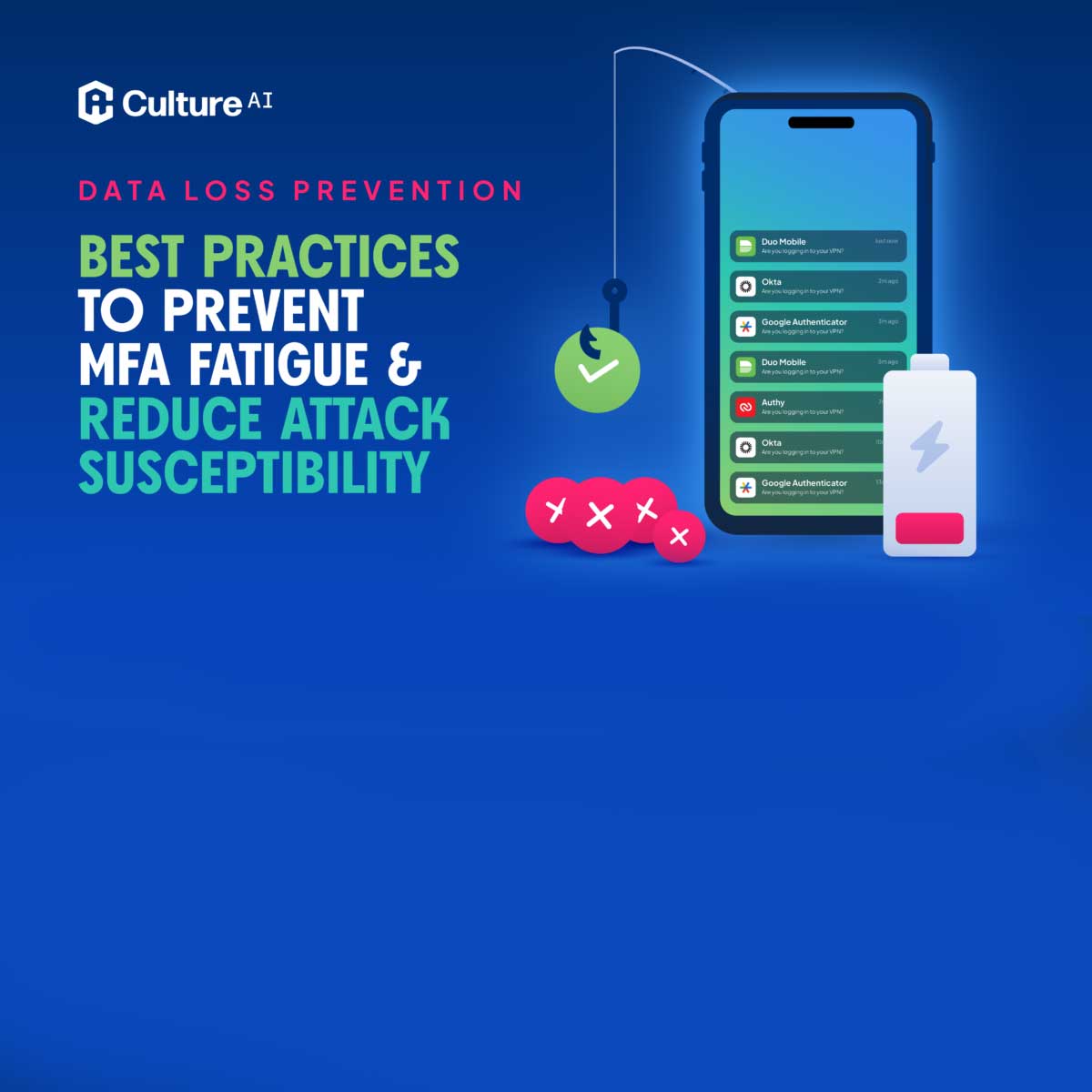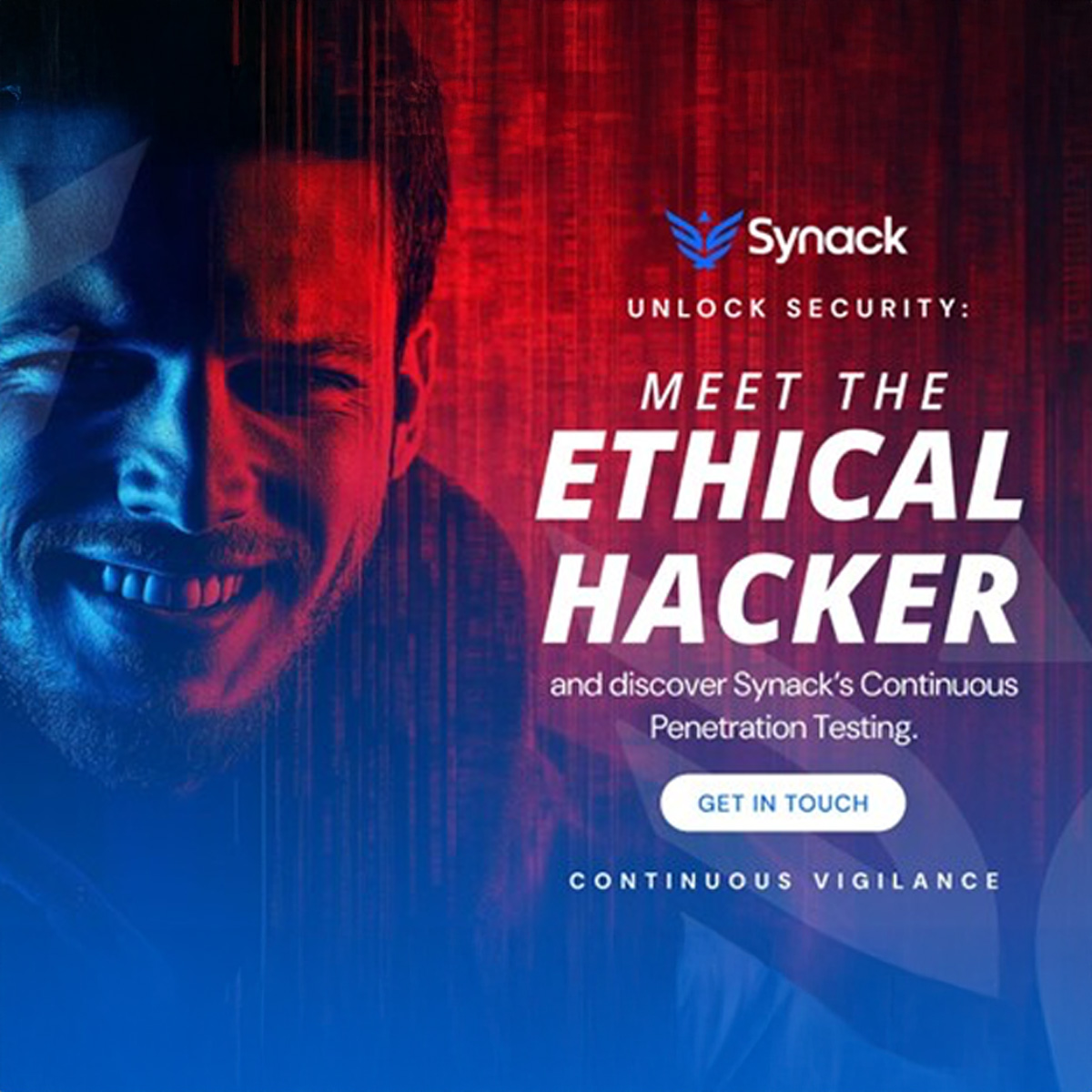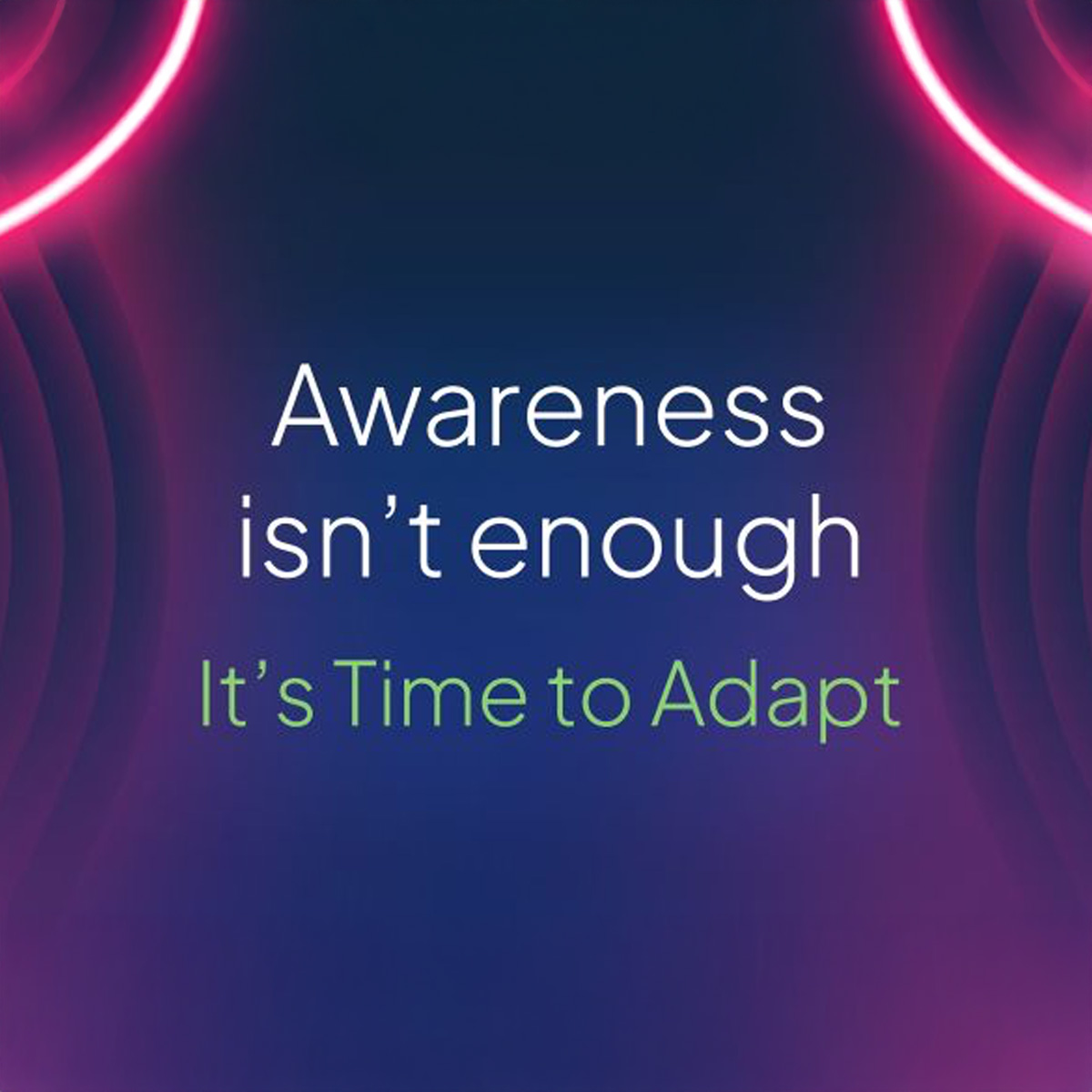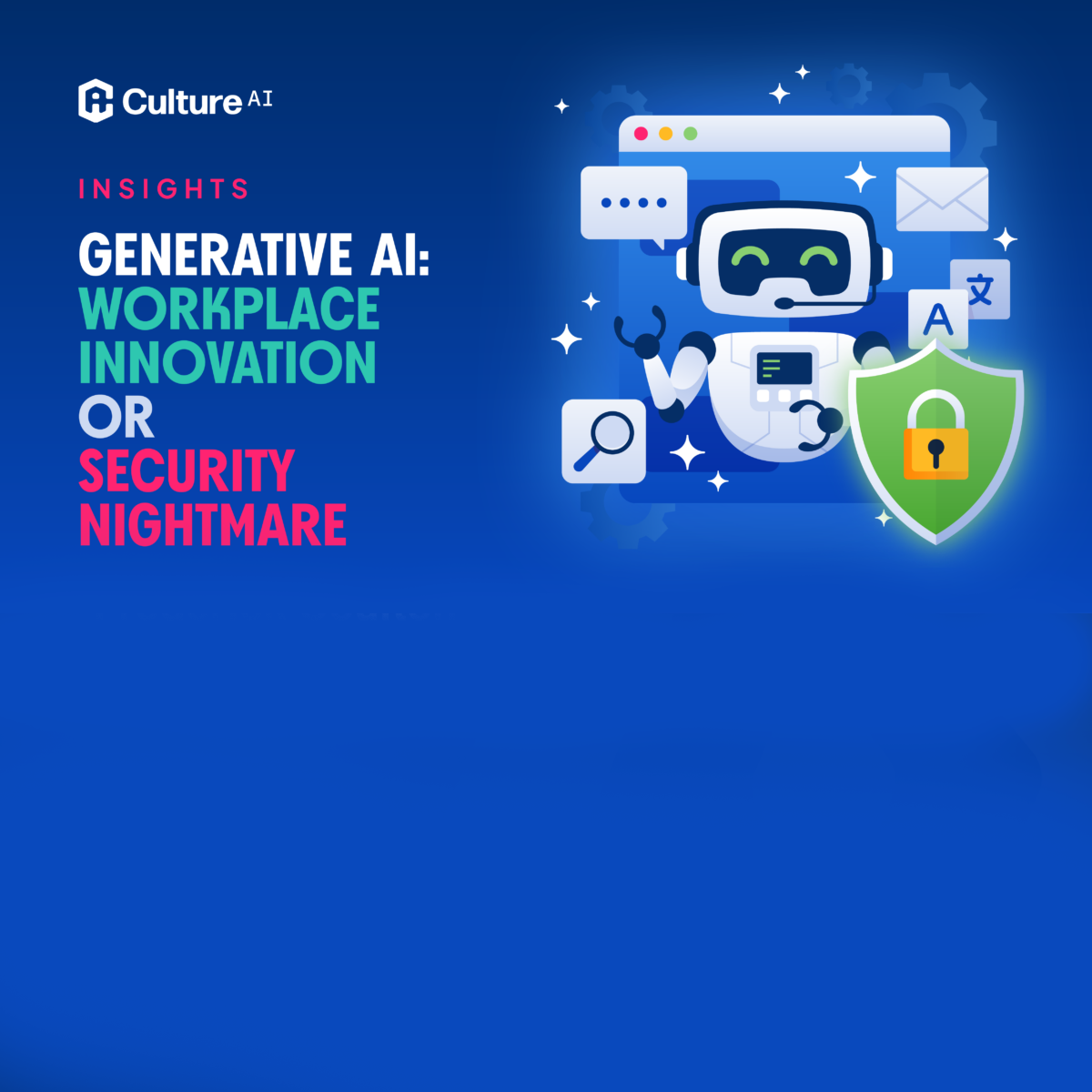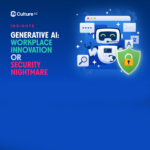Multi-factor authentication (MFA) is vital for cybersecurity, but excessive prompts can cause “MFA fatigue,” leading users to make careless approvals. Cyber attackers exploit this with tactics like MFA spamming, repeatedly sending approval requests to trick users into granting access. To counter these risks, companies should adopt user-friendly MFA solutions, educate employees on safe practices, use adaptive authentication, and monitor anomalies. Effective strategies not only reduce fatigue but also prevent security breaches.
How to prevent MFA fatigue attacks
To effectively combat MFA fatigue among employees, it’s important to embrace strategies that not only enhance security but also respect user comfort and convenience.
Here are some practical strategies you can implement to achieve this balance:
Implement user-friendly MFA solutions
Adopting user-friendly MFA solutions can significantly reduce fatigue. Choose methods that are easy to use and integrate seamlessly into users’ daily routines. For example, biometric authentication is quick and unobtrusive, offering high security with minimal effort for employees.
Educate employees on the importance of MFA
Ensure employees understand why MFA is essential and how to use it effectively. It’s crucial to provide targeted coaching and run MFA attack simulations. These simulations help you to proactively identify vulnerabilities and offer specific coaching to improve employee preparedness. This way, the risk of falling victim to real MFA attacks is minimised.
Utilise adaptive authentication
Adaptive MFA adjusts the level of authentication required based on the context of the login attempt. Factors like location, device, and behaviour can trigger different authentication methods. This reduces unnecessary prompts while maintaining high security.
Automatically detect anomalies
By continuously monitoring user activity, you can identify anomalies and potential indicators of MFA fatigue. Human Risk Monitoring allows you to track employee behaviour and spot excessive authentication attempts or unusual access patterns, helping to prevent possible security breaches.
Protecting against MFA fatigue attacks with CultureAI
Remember, the goal of MFA is to provide an additional layer of security for your systems and data. Its effectiveness hinges on correct implementation and employees’ comprehension of its significance. Prioritise user-friendly solutions, continuous education, adaptive MFA, and advanced risk detection to boost security without overwhelming employees.
It’s crucial to identify gaps in MFA deployment and instances where employees might bypass MFA protocols. CultureAI allows you to proactively detect and address potential MFA vulnerabilities in real time, ensuring adherence to security best practices.
CultureAI also provides MFA attack simulations and targeted coaching, which help uncover weaknesses and enhance employee readiness, thereby mitigating the risk of MFA fatigue attacks. To learn more about CultureAI, get in touch with your Ignition Technology representative.
